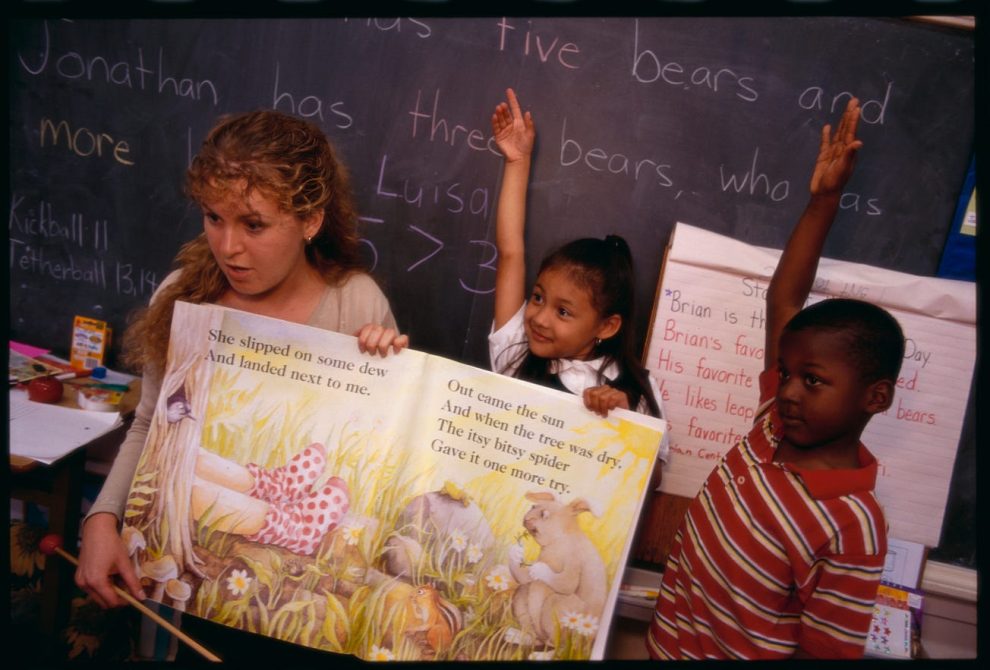On Saturday, I wrote about the 230,000 children who failed to show up for class when public schools reopened after the pandemic. It’s a tragedy without parallel in American history as many of the no-shows are very young — K through 3rd grade. Critical skills learned in early education were not taught to these kids, who are now hopelessly behind.
The pandemic didn’t necessarily cause the problem. It exposed problems that already existed and were exacerbated because of incompetence and, as it turns out, wrongheaded teaching.
Consider the fact that 65% of American fourth-grade students can barely read. This is a result of a radical shift to a new way of teaching children how to read.
What was wrong with the old way? Well, it was old.
The Free Press:
American Public Media’s Emily Hanford uncovers this sad truth with her podcast, Sold a Story. She investigates the influential education authors who have promoted a bunk idea and a flawed method for teaching reading to American kids. She exposes how educators across the country came to believe in a system that didn’t work, and are now reckoning with the consequences: Children harmed. Tons of money wasted. An education system upended.
It’s incomprehensible to me. The good and blessed nuns who taught us to read made us “sound out” words, which not only drilled good habits into our heads but exercised our minds so that the more we read, the quicker we were able to “sound out” words.
Of course, the instruction came with a healthy emphasis on phonics and vocabulary. In this way, reading became second nature to many students.
But “sounding out” words is no longer the preferred way to teach a child how to read.
American Public Media reporter Emily Hanford digs into a flawed theory that has shaped reading instruction for decades. The theory is that children can learn to read without learning how to sound out words, because there are other strategies they can use to figure out what the words say. Strategies like “look at the picture” or “think of a word that makes sense.”
Research by cognitive scientists has demonstrated that readers need to know how to sound out words. But some teacher training programs still emphasize this debunked theory, including books and classroom materials that are popular around the world. Scientists say these strategies are teaching children the habits of struggling readers. Kids learn to skip letters and words and struggle to understand what they’re reading.
What exactly are these teachers doing to children? These “other strategies” are educating generations of children who learn to hate reading and struggle to read at their own grade level.
Forbes:
For decades, the standard approach to teaching kids how to decipher, or “decode,” text has rested on the assumption that it’s not necessary to explicitly teach the vast majority of them how to connect sounds in words to the letters that represent them. Teachers may throw in some of that instruction, often called “phonics,” but they’re guided by their training and materials to encourage kids to guess at words, using context or pictures. Scientific evidence has clearly shown, however, that many if not most children will struggle to become fluent readers unless they get systematic instruction in phonics.
No wonder these kids can’t read. And it doesn’t help children of color that the grown-ups have decided that phonics is “racist.”
After a couple of decades of teaching reading this way with abysmal results, you’d think even a leftist would throw in the towel and go back to what worked before. Not on your life. That would mean the critics who have been railing against this travesty of education were right. And, as we know, leftists would rather blow up the country than admit anything they do causes more harm than good.
Story cited here.
























